In the dynamic landscape of inventory management, RF scanners have emerged as transformative tools. Employing cutting-edge Radio-Frequency Identification (RFID) technology, RF scanning devices redefine how businesses track and manage their assets in the evolving world of international business trading.
Definition of RF scanner
RF scanner guns operate on the principles of Radio-Frequency Identification, using radio waves to communicate with RFID tags attached to items. This non-contact technology eliminates the need for direct line-of-sight scanning, distinguishing it from traditional barcode systems. RFID scanners can read multiple tags simultaneously, offering a high level of efficiency in data collection. As businesses continue to embrace RFID scanners, they position themselves at the forefront of innovation, ushering in a new era of streamlined and data-driven inventory management and asset tracking.
Types of RF scanner
RF scanners come in various types, each tailored to specific needs. Handheld RFID readers offer mobility and are ideal for tasks requiring on-the-go data collection. While desktop RFID readers are stationary and suitable for applications where items pass through a designated point. Wearable RFID scanners enhance hands-free operation, beneficial in fast-paced environments. In addition, wireless RF scanners are widely used these days due to their convenience in the realm of the Internet. Choosing the right type depends on the nature of the business and the specific requirements of the application.
Advantages of RF scanner
The advantages of RFID scanners are multifaceted, contributing to their widespread adoption. On the one hand, real-time visibility enables businesses to make informed decisions promptly. The speed of RFID scanning reduces the time and labor traditionally associated with inventory audits. Moreover, RFID scanners improve overall operational efficiency, leading to cost savings and heightened customer satisfaction. On the other hand, RFID scanners feature accuracy when managing inventory, in that precision provided by scanners in data collection ensures accurate inventory tracking. Non-contact data collection through radio waves ensures speed. The ability to read multiple tags simultaneously amplifies their efficiency in large-scale inventory operations. RFID scanners come in various form factors, including handheld devices and fixed readers, providing flexibility for different applications. Some advanced models offer features like real-time data transmission, further enhancing their utility.
Another advantage of RF scanners lies in their versatility across various industries. In retail, RF scanners streamline checkout processes and provide real-time inventory insights. In logistics and supply chain management, RFID technology enhances the tracking of goods from production to distribution. Healthcare organizations benefit from RFID scanners in tracking medical equipment and patient records. Their advantage of broad application makes them indispensable in diverse organizational contexts.

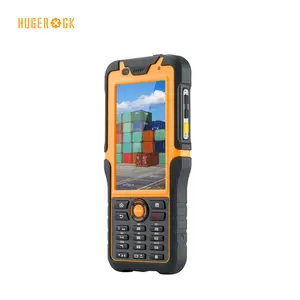









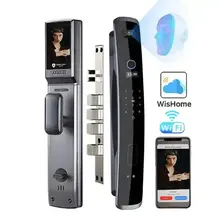

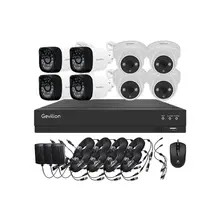

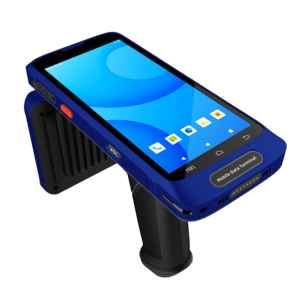

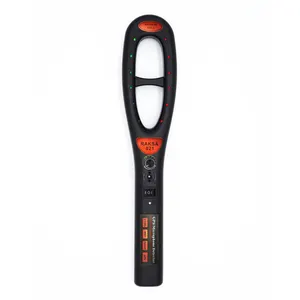
















 浙公网安备 33010002000092号
浙公网安备 33010002000092号 浙B2-20120091-4
浙B2-20120091-4